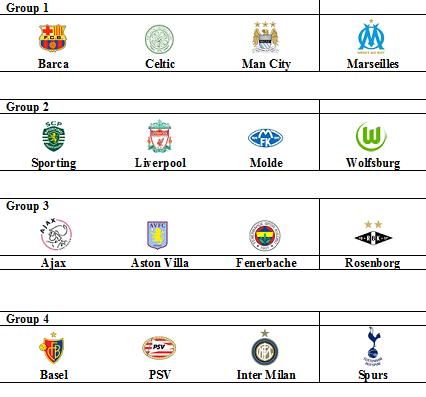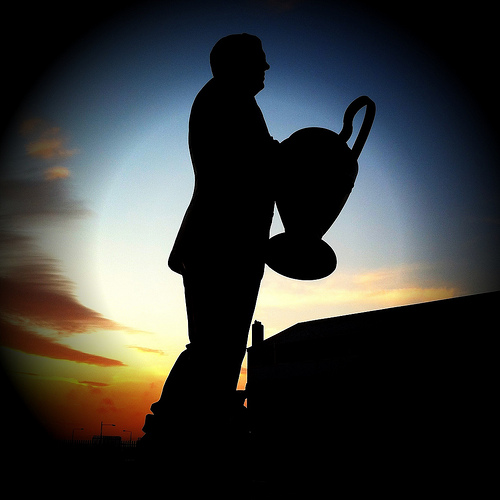As Jock Stein famously stated, ‘football is nothing without the fans’. With 6pm kick-offs on week nights and Friday night experiments that send Dunfermline fans to Aberdeen, it is clear that the fans are treated as customers. In a nation where a top flight game only attracts 1,607 supporters, the ‘customers’ are not buying into the product. The original fixtures were all scheduled for 3pm on Christmas Eve, and aside from the obligatory TV game, it was the clubs who spoke sense to ensure earlier kick-offs. The two third division games remain 3pm kick-offs.
In England, the Boxing Day fixture is a tradition. Fans needs are not taken into account, sending my team Coventry City to Swansea in 2008 and Cardiff in 2010. Should Scotland have followed suit? Despite it being a Saturday there are no fixtures across the whole of England on this day, but there is a game on the 31st to make up for this. Some may argue that this is just as awkward in terms of transport and travel, and the further argument that folk want to go out on New Year’s Eve. Coventry’s game at Preston in 2005 kicked off at 1.30pm so that ‘Coventry fans could get back early to enjoy themselves’. With transport limited, those without cars are at a serious disadvantage, but one could further state that this is a microcosm of society. To a wider extent, provincial clubs in the English second tier do not usually have a wave of support that is rooted in a diaspora.
Looking at the pictures from the Christmas Day game in 1971, the stands were packed. Celtic’s Irish support would have been unable to travel to the game then, but to what extent can a league make accommodations for a group of support that live in another country? Is it any different from sporadic supporters of Motherwell who just happen to live in Portugal and would be unable to catch a flight home after the game? Obviously, due to the wider social and political significance of the link between Celtic and Ireland there is a world of difference, but rather than the issue being the timing of the fixtures or the lack of transport, is the problem actually Christmas itself?
A survey by British Social Attitudes in 2007 found that 45.7% of respondents did not identify with any religion. If this reflects wider societal feelings, then there is the notion that the Christian meaning of Christmas will eventually be eroded in favour of the materialistic nausea that currently starts polluting consciousness from mid-November onwards. An ever increasing amount of shops are open, so why not football on the day itself? For those with children, it is the perfect example of family bonding. Arrange all fixtures wisely to ensure that no group of supporters have to travel far (hopefully Ross County will go up to give Inverness a friendly neighbour to share presents with). Religion’s popularity is similar to that of Scottish football’s – once popular institution that is in terminal decline. The ferry companies should provide the service for Celtic fans from Ireland, a Christmas special, and the nation can reclaim Christmas for a positive message – football.
Obviously, this is all laced with a healthy dose of sarcasm, but for those who are nostalgic, Christmas Day football was once popular. Will it ever be popular again? The attendances on Christmas Eve of 2011 may tell us less about people’s attitudes to festive football and more about what is thought about a stale, struggling and stagnating league. Summer football is an argument that will undoubtedly be resurrected, but the thought of spending Christmas without any football whatsoever sends a shudder to those who live outside of Scotland. To those north of the border, the weather often renders Christmas football a mere thought that is buried under tossed aside wrapping paper.





